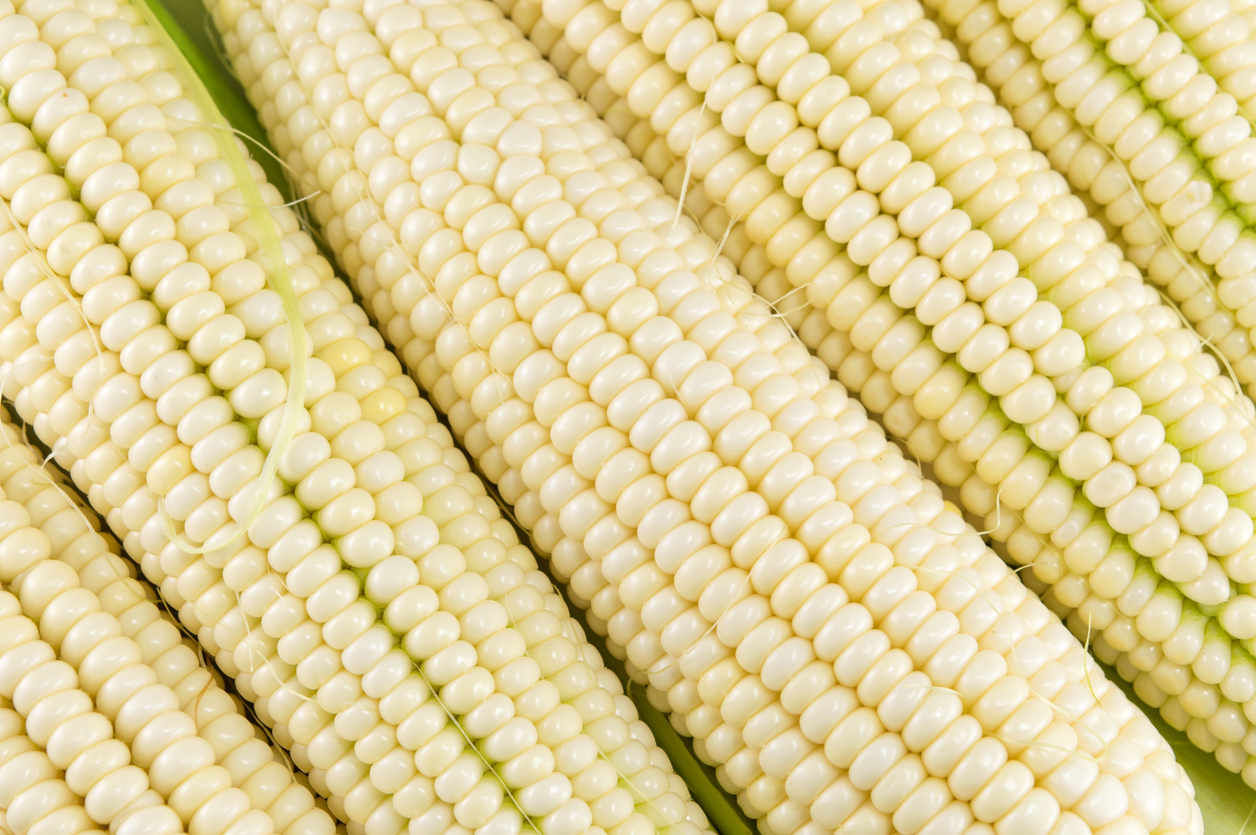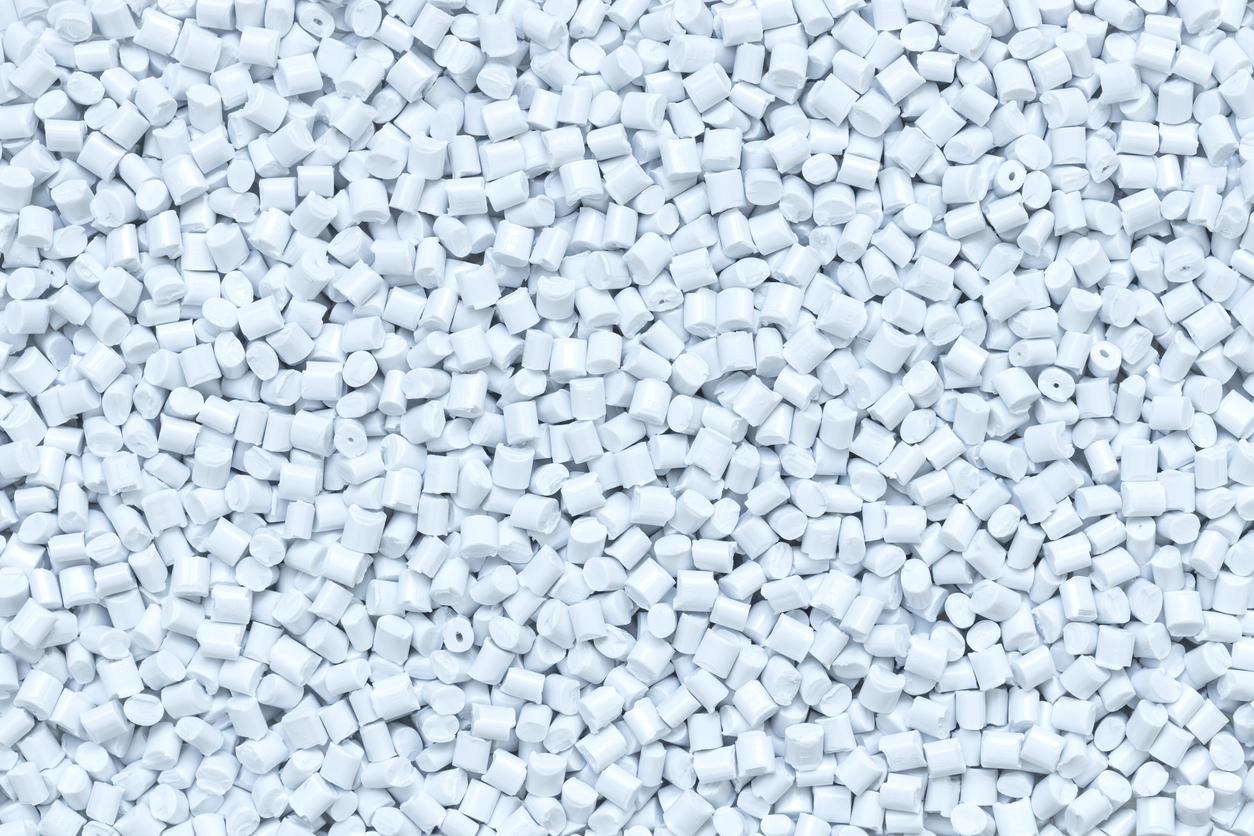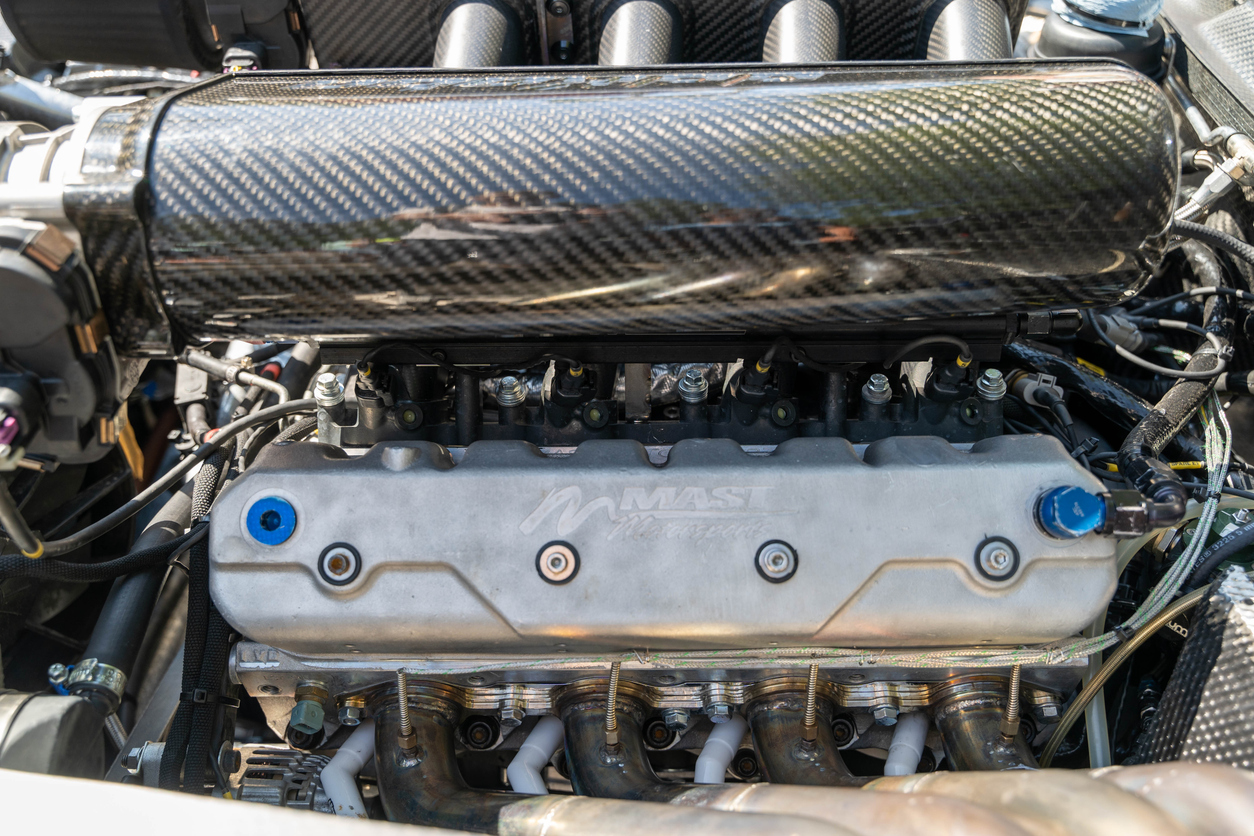How to Export Corn from Nigeria: A Complete Guide
How to Export Corn from Nigeria: A Complete Guide
Nigeria is the world’s largest producer of cassava. It produces close to 4 million metric tons of cassava annually, making it a powerhouse in the global market. However, Nigeria also has an agricultural export problem. Nigeria imports most of its corn from America and China because it can’t produce enough to feed its own people.
There are various reasons why Nigeria can’t produce enough, but they all boil down to one central issue: lack of agricultural equipment. The lack of machinery is preventing Nigerian farmers from being competitive with crops imported from other countries. Agricultural experts are working on solutions, but there are no guarantees that these problems will be solved anytime soon.
Why Nigeria can’t produce enough corn for its population
The lack of machinery is preventing Nigerian farmers from being competitive with crops imported from other countries. Agricultural experts are working on solutions, but there are no guarantees that these problems will be solved anytime soon.
A recent study by the International Food Policy Research Institute found that Nigeria could increase its annual corn production to 14 million metric tons with investments in agricultural equipment. The problem is that the government currently spends only about $4.8 million on agricultural machinery, which is less than 1% of what is required for Nigeria to produce enough corn.
Nigeria’s problem seems to be particularly tied to its lack of agricultural machinery. If they can invest in more of this equipment, they should be able to increase their production and start exporting corn to other countries in the future.
The Importance of Agricultural Equipment
Nigeria imports most of its corn for export, primarily from America and China. A major limiting factor in Nigeria’s export of corn is the lack of agricultural equipment.
Nigeria is the world’s largest producer of cassava. It produces close to 4 million metric tons of cassava annually, making it a powerhouse in the global market. However, Nigeria also has an agricultural export problem. Nigeria imports most of its corn from America and China because it can’t produce enough to feed its own people.
There are various reasons why Nigeria can’t produce enough, but they all boil down to one central issue: lack of agricultural equipment. The lack of machinery is preventing Nigerian farmers from being competitive with crops imported from other countries. Agricultural experts are working on solutions, but there are no guarantees that these problems will be solved anytime soon.
The importance of agricultural equipment is clear: It’s the only way to increase the efficiency of Nigeria’s farming sector. There are many ways to increase production, but the only surefire method is by investing in more machinery. Agricultural equipment makes it easier to grow crops, which will create more jobs for Nigerian farmers and increase revenue for the government.
Nigeria’s Agricultural Export Problem
Nigeria has a major agricultural export problem. The country produces 4 million metric tons of cassava annually, but it only produces about 1.5 million metric tons of corn. That’s because the country doesn’t have the machinery it needs to be competitive in the global market.
Nigeria imports corn from America and China because it can’t produce enough to feed its own people. Agricultural experts are working on solutions, but there are no guarantees that these problems will be solved anytime soon.
The lack of machinery is preventing Nigerian farmers from being competitive with crops imported from other countries. Agricultural experts are working on solutions, but there are no guarantees that these problems will be solved anytime soon.
Can Technology Solve the Problems?
One possible solution is to use technology and drones to monitor and improve the production of crops. This could be done through the use of drones to monitor the quality of the crops. Additionally, drones could be used to determine how much corn is being produced from a certain location.
Another possibility is the use of autonomous tractors. These machines would provide a potential solution to the lack of agricultural equipment in Nigeria. In 2016, a prototype was developed by a Nigerian company called Gramin that has the ability to harvest up to 300 acres a day.
This solution would be expensive at first, but it would pay for itself over time, allowing Nigeria to produce food for its people while also exporting its crops to other countries.
Agricultural experts are working on solutions
Agricultural experts are working on solutions to Nigeria’s agricultural problem. The Nigerian government has partnered with the World Bank to provide the funding for agricultural equipment. This includes tractors, combine harvesters, and other farming equipment.
The Nigerian government has also provided a subsidy of 15,000 Nigerian Naira (about $63 USD) to be given to farmers to encourage them to grow corn. These subsidies are only available through the end of 2018.
In addition, Nigeria is working to develop a cassava processing facility to provide a market for its cassava crop. There is potential for Nigeria to become a major corn producer, but it will take time and a lot of work to get there.
There is no guarantee that these problems will be solved anytime soon
It’s estimated that Nigeria imports close to 3 million metric tons of corn annually. As a result, Nigeria can’t keep up with the demand for food and relies on imported corn to feed its population.
There are various reasons why Nigeria imports corn, but they all boil down to one central issue: lack of agricultural equipment. The lack of machinery is preventing Nigerian farmers from being competitive with crops imported from other countries.
Agricultural experts are working on solutions, but there are no guarantees that these problems will be solved anytime soon.
There’s no shortage of ideas on how to get Nigeria’s agricultural industry back on track, though. One of the most popular ideas is a plan that offers a tax incentive for farmers who purchase farming equipment. This idea would up the ante for Nigerian farmers who purchase farming equipment and make them more competitive with the global market.
There’s no shortage of ideas on how to get Nigeria’s agricultural industry back on track, though. One of the most popular ideas is a plan that offers a tax incentive for farmers who purchase farming equipment. This idea would up the ante for Nigerian farmers who purchase farming equipment and make them more competitive with the global market.
Conclusion
This guide has helped you better understand what corn is, why Nigeria imports it, and how to export corn from Nigeria. It’s important for Nigeria to export corn, not just for economic reasons, but also to improve food security. If Nigeria can produce enough corn to feed its own people, then it will no longer have to import it.
Nigeria is still working on this problem, but hopefully this article has given you the information you need to start producing corn in Nigeria. Until then, keep reading this blog for more insights on agricultural-related topics!








LEAVE A COMMENT
You must be logged in to post a comment.